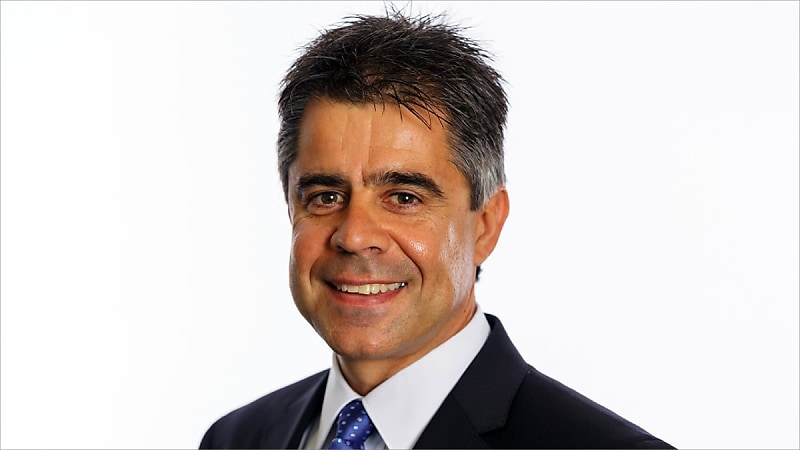SMSFA still pushing for change in Div 296 calculation
The SMSF Association said it expected to be called before Parliament next month to give evidence regarding the proposed $3 million super tax.
Peter Burgess, SMSFA CEO said in the opening session of the association’s national conference, that the bill, which is currently before the Senate, needs to be debated and passed by May if the government is to introduce the new law by 30 June to allow 12 months for the industry to make the necessary changes.
Despite intense advocacy work, Mr Burgess said he believes the bill will pass.
“We don't believe we've got the numbers to get this Bill blocked. There are 76 votes in the Senate and the government needs a clear majority to pass a Bill which means it needs 39 votes,” he said.
“We expect that the Greens will vote with the government when this Bill goes into the Senate which means the government then only needs to have two of the seven senate crossbenchers to vote with it, so the only question that now remains in our minds is whether the Senate crossbench will support the calculation of earnings.”
Mr Burgess said the association is still speaking to as many senators as it can to convince them that the government’s proposed calculation of earnings will present many unintended consequences and that a fairer and more equitable calculation can be used.
“It remains to be seen if the current relation of earnings survives the Senate crossbench and whether there should be indexation and the taxing of unrealised capital gains,” he said.
“Our focus right now is trying to make this tax as fair and equitable as we can for impacted members and the question that's been asked of us is how can we take out unrealised capital gains?”
He said the SMSFA has suggested that the only way to do away with this proposed tax on unrealised gains is to discard Treasury's proposed calculation which is based on the movement of the total super balance and base it on actual taxable earnings.
“We know the large funds can't do that and some of them can't identify actual taxable earnings allocated to a member, so that is off the table,” he said. “The next best option we believe is a proxy right for actual taxable earnings and we think the 90-day bank is pretty close,” he said.
The SMSFA has developed calculators and spreadsheets to model this tax to demonstrate how the 90-day bank bill rate works in comparison to the government's proposed approach to calculating earnings. The models show that the accumulated tax after 30 years would require funds to pay considerably less.
“The government’s proposal makes this a very difficult tax to manage from a liquidity point of view. How do funds maintain the right amount of liquidity to pay this tax when it jumps around so much from year to year?” he asked.
“Clients are going to have to hold a lot more in cash to manage this because they won't know what their tax liability is from one year to the next. And because they're holding more cash, it's going to have a detrimental impact on the long-term performance of the fund. If they're a small business owner, that's less cash they've got to invest in their business. These things haven't been properly modelled.”








